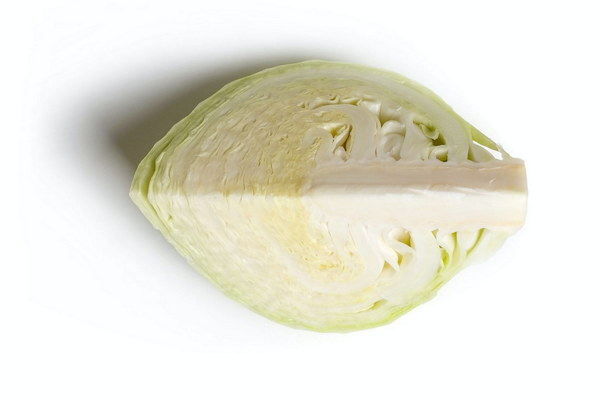How to Utilize Pigeon Meat for Lung Health A Comprehensive Guide
In recent years, there has been a growing interest in alternative and natural remedies for maintaining lung health. One such remedy that has gained attention is the use of pigeon meat. Pigeon meat is believed to have various health benefits, particularly for the lungs. In this article, we will explore how to utilize pigeon meat for lung health, including the preparation and consumption methods.
1. Understanding the Nutritional Benefits of Pigeon Meat
Pigeon meat is rich in essential nutrients that are beneficial for lung health. It contains a high amount of protein, which helps in the repair and maintenance of lung tissues. Additionally, pigeon meat is a good source of vitamins and minerals such as Vitamin B12, iron, selenium, and potassium. These nutrients play a crucial role in supporting the immune system and enhancing lung function.

2. Selecting the Right Pigeon Meat
When purchasing pigeon meat, it is essential to choose high-quality, organic, and free-range pigeons. These pigeons are more likely to have a healthier diet and lifestyle, resulting in meat that is rich in nutrients. Avoid purchasing pigeons that have been treated with antibiotics or hormones, as these can negatively impact lung health.
3. Preparing Pigeon Meat for Consumption
To prepare pigeon meat for lung health, follow these steps:
a. Cleaning: Thoroughly wash the pigeon meat with cold water and remove any feathers, fat, or blood.
b. Marinating: To enhance the flavor and nutritional value, marinate the pigeon meat in a mixture of olive oil, lemon juice, garlic, and herbs. Allow it to marinate for at least 30 minutes.
c. Cooking: There are various methods to cook pigeon meat, such as grilling, roasting, or stir-frying. Ensure that the meat is cooked to a safe internal temperature of 165°F (74°C) to prevent foodborne illnesses.
4. Incorporating Pigeon Meat into Your Diet
To utilize pigeon meat for lung health, consider incorporating it into your diet as follows:
a. Main Dish: Prepare a pigeon meat dish, such as pigeon curry, pigeon stir-fry, or roasted pigeon. Serve it with a side of vegetables or rice.
b. Soup: Add pigeon meat to your soup recipes, such as pigeon soup or pigeon and vegetable soup. This will help to increase the nutritional value of the soup while providing lung health benefits.
c. Snack: Slice the cooked pigeon meat into thin strips and enjoy it as a healthy snack.
5. Monitoring Your Progress
To assess the effectiveness of pigeon meat for lung health, monitor the following:
a. Symptoms: Keep track of any improvements in lung-related symptoms, such as cough, shortness of breath, or wheezing.
b. Overall Health: Observe any general improvements in your overall health, such as increased energy levels and better immune function.
In conclusion, pigeon meat is a nutritious and versatile food that can be used to support lung health. By understanding the nutritional benefits of pigeon meat, selecting high-quality pigeons, and incorporating it into your diet, you can potentially enhance your lung function and overall well-being. However, it is essential to consult with a healthcare professional before making significant changes to your diet or starting any new treatment.









